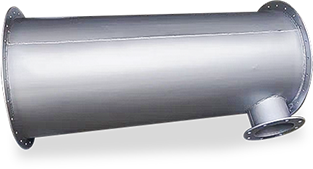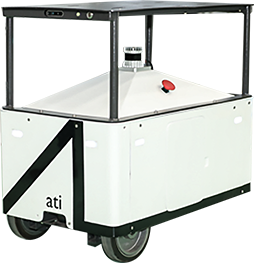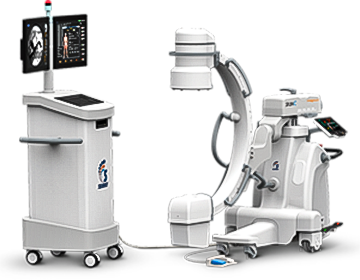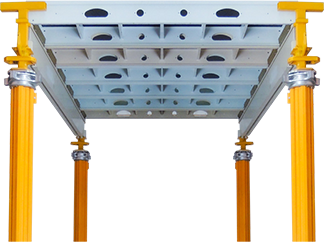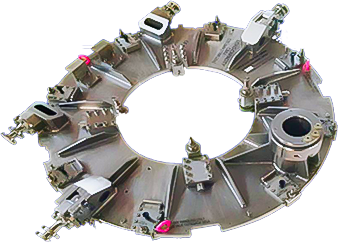Forging Nickel Alloys
Material Description
Nickel alloys are a class of materials widely used in forging processes due to their exceptional material properties. These alloys are predominantly composed of nickel, with varying amounts of other elements such as chromium, iron, molybdenum, and cobalt, among others, depending on the specific alloy composition. Nickel alloys offer a unique combination of characteristics that make them ideal for forging applications.
One of the primary advantages of nickel alloys is their outstanding corrosion resistance. They can withstand harsh environments, making them suitable for applications in the chemical and petrochemical industries, as well as marine and offshore settings. Additionally, nickel alloys exhibit excellent mechanical properties, including high tensile strength, toughness, and resistance to thermal expansion, which makes them well-suited for forging processes. The ability to maintain their mechanical properties at elevated temperatures makes them essential for manufacturing components used in high-temperature environments, such as gas turbines and nuclear reactors. Moreover, nickel alloys have good electrical conductivity and magnetic properties, which are valuable in the aerospace and electronics industries. In forging, these materials can be easily shaped into various intricate and specialized forms, providing design flexibility for a wide range of applications. Overall, nickel alloys are prized for their exceptional combination of corrosion resistance, mechanical strength, and thermal stability, making them vital in critical industries where performance under demanding conditions is essential.
Industry Applications
Crucial in defense for high-temperature uses, in solar structures for corrosion resistance, in medical for surgical instruments, in electric vehicles for battery components, in drones for propulsion systems, in aerospace for jet engines, and in general engineering for high-temperature equipment.
Finishing Options
Passivation, Nickel Plating, Powder Coating, Heat Treatment
| Density | Tensile Yield Strength (MPa) | Fatigue Strength (MPa) | Hardness (Brinell) | Thermal Conductivity (W/m-K) | Coeff. of Thermal Expansion (mm/mdeg) | Electrical Resistivity (micro Ohm-cm) |
|---|---|---|---|---|---|---|
| Varies | Varies | Varies | Varies | Varies | Varies | Varies |
Design Recommendation
For efficient nickel alloy forging, opt for well-balanced designs with uniform cross-sections to minimize material wastage. Incorporate fillets and rounded edges to reduce stress concentrations. Select the appropriate nickel alloy for the intended application, considering its mechanical properties. Avoid overly complex designs that may necessitate additional machining or processing, which can increase costs.
Cost Saving Tip
To save costs when forging nickel alloys, focus on efficient material use and minimizing scrap. Choose the right nickel alloy based on the application requirements. Implement tight process controls to maintain material quality and reduce rework. Collaborate with suppliers to negotiate bulk purchasing deals for nickel alloys, reducing material costs.
